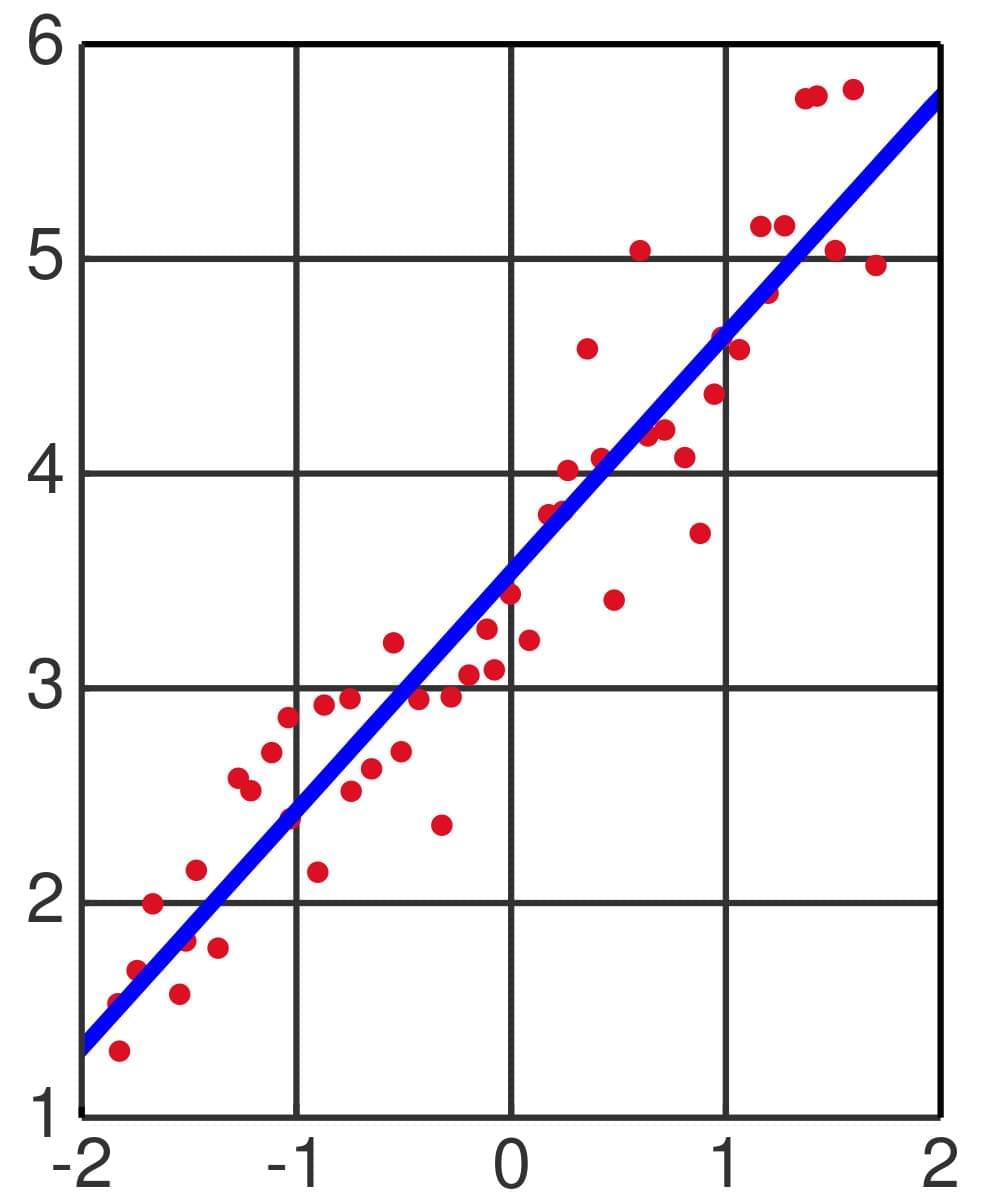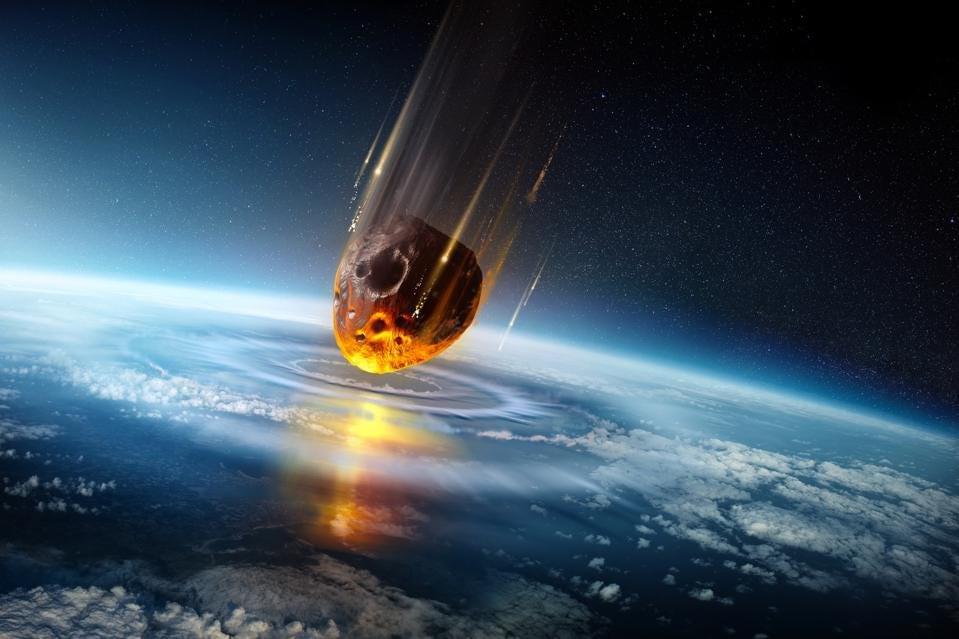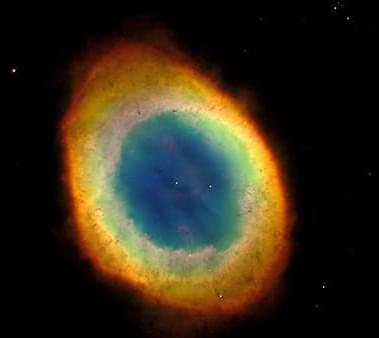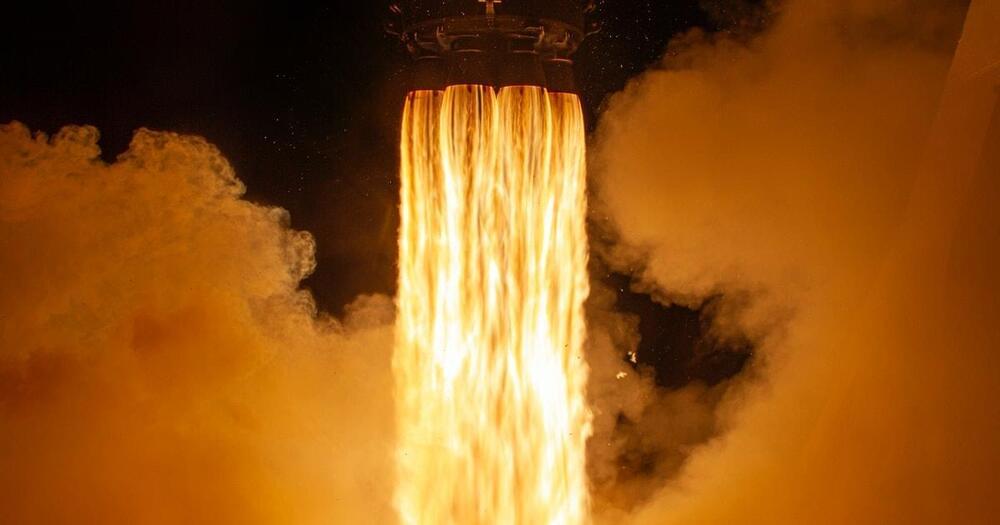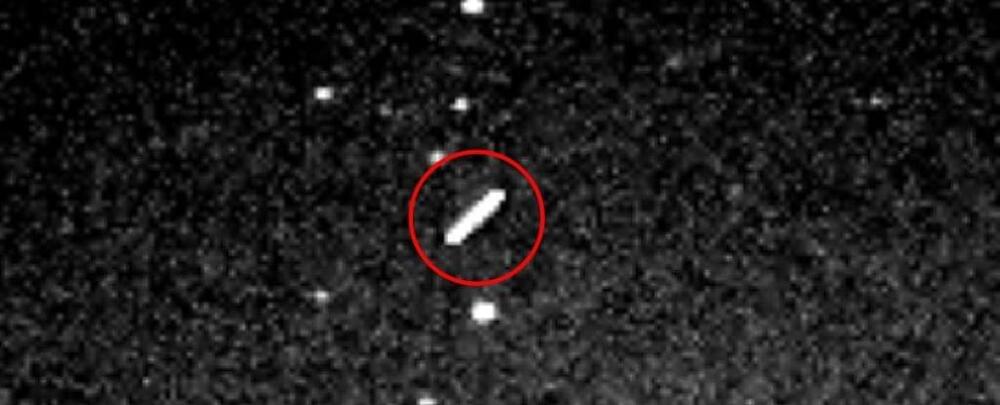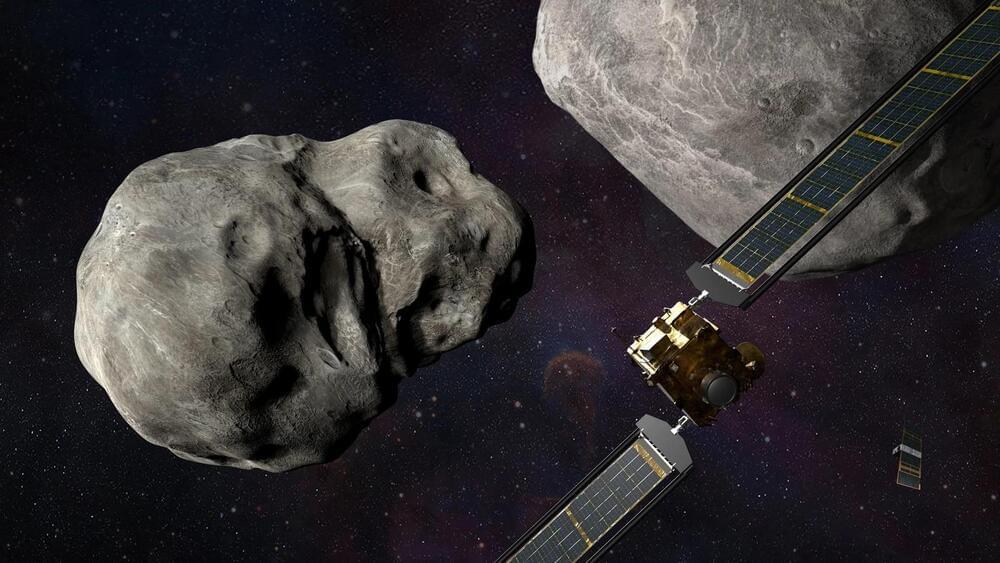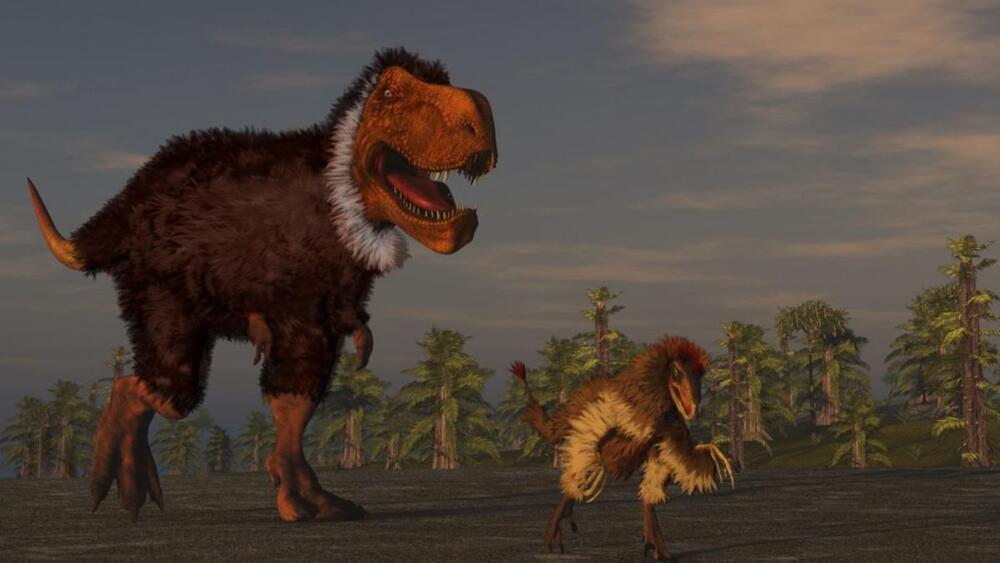This group appears to be doing its ‘bit’ for NEO identification and is always open to new members, check it out?
IAWN was established (2013) as a result of the UN-endorsed recommendations for an international response to a potential NEO impact threat, to create an international group of organizations involved in detecting, tracking, and characterizing NEOs. The IAWN is tasked with developing a strategy using well-defined communication plans and protocols to assist Governments in the analysis of asteroid impact consequences and in the planning of mitigation responses.
